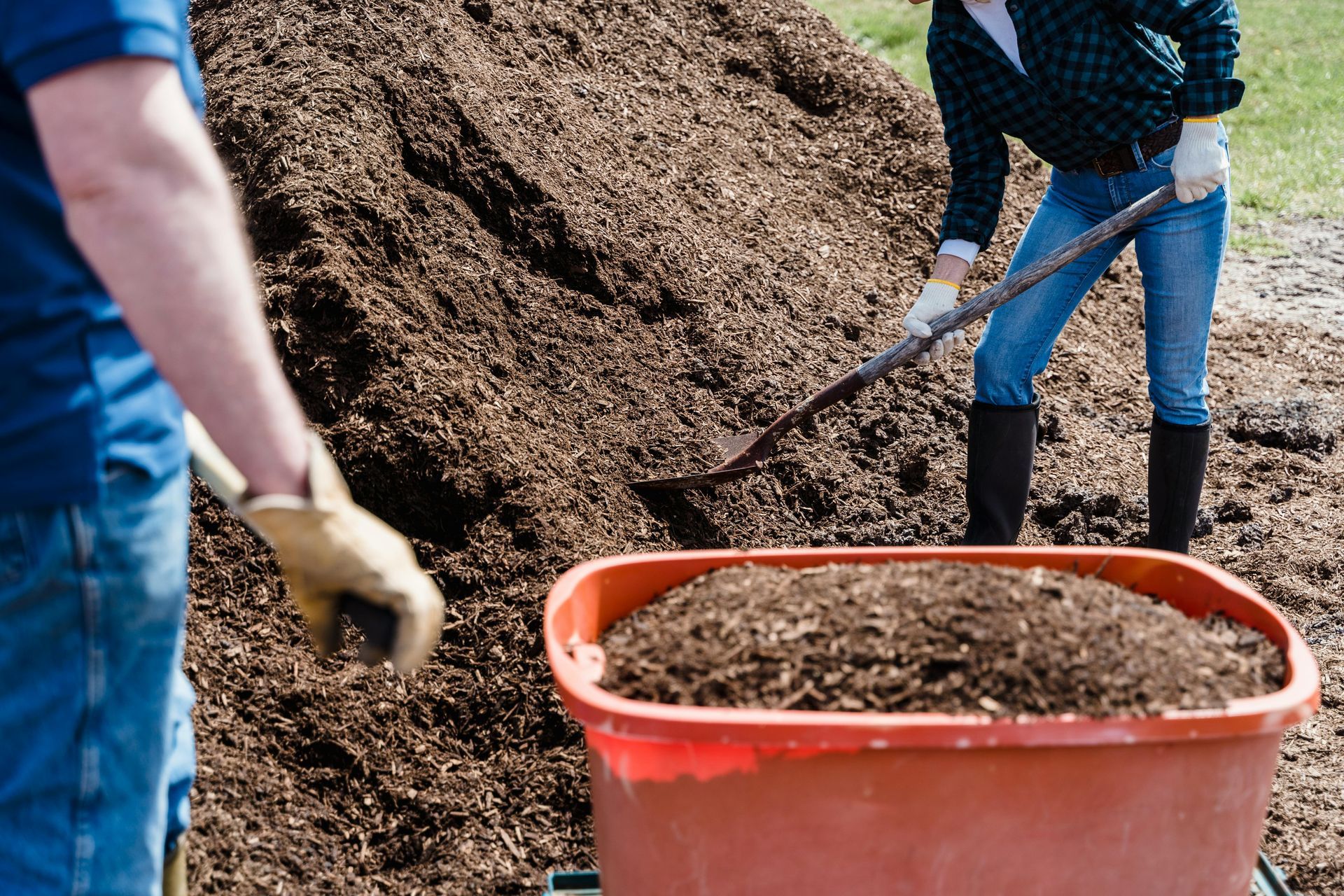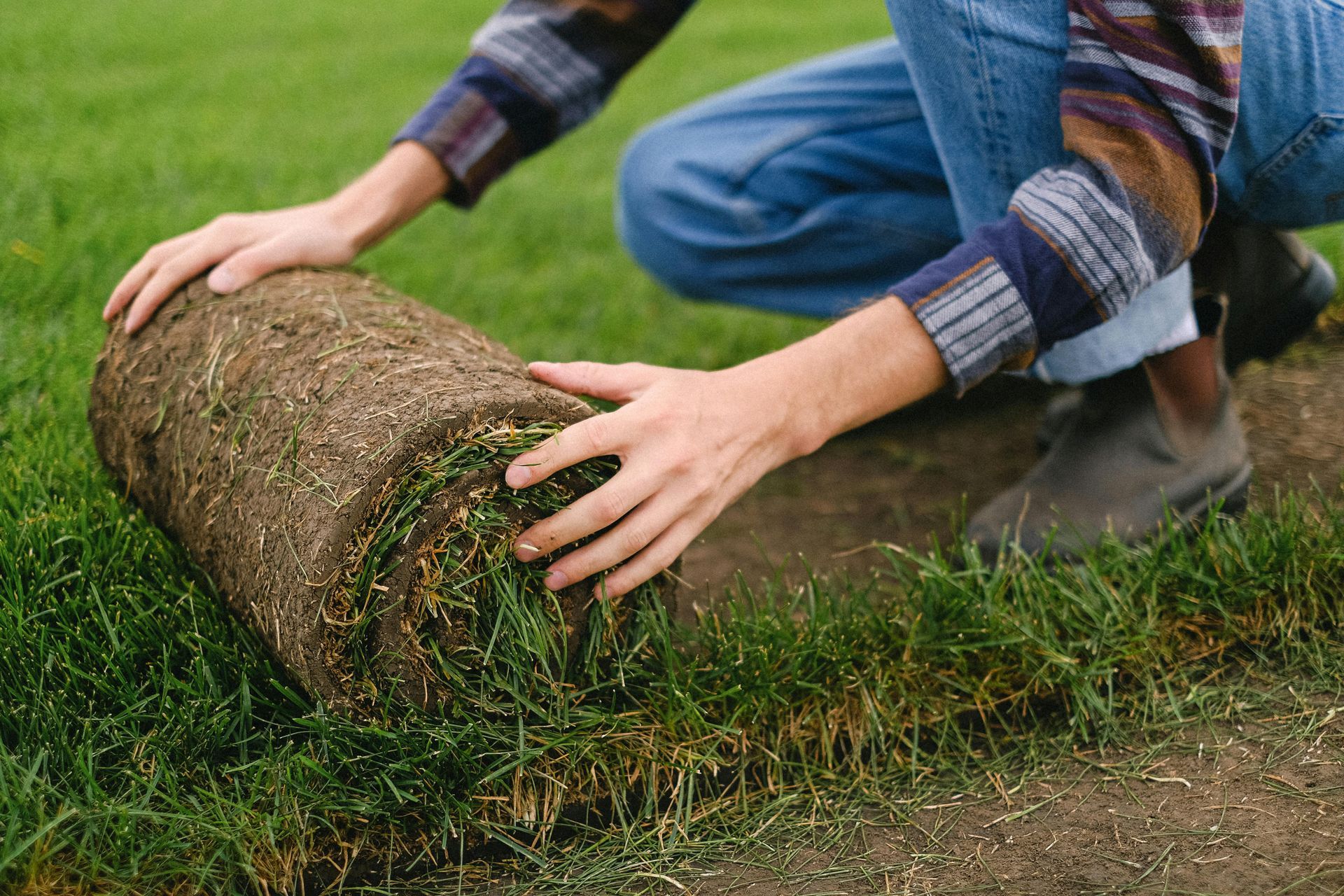Landscape Mulch Boston: Services for Local Properties
Landscaping in Boston demands materials that can withstand New England's diverse climate while enhancing property aesthetics. Local suppliers across the Boston area offer premium mulch varieties, including dyed black, brown, and natural options, with convenient bulk delivery services starting at flat rates around $100.
Many Boston homeowners and landscapers choose mulch for its practical benefits of moisture retention and weed control. The standard coverage calculation is simple - one cubic yard covers approximately 100 square feet at 3 inches deep, equivalent to about 13-14 bags of packaged mulch.
Get a Free Quote
THE BEST MULCHING COMPANY IN BOSTON
Choosing the Right Landscape Mulch For Your Property
Boston's climate and soil conditions require specific mulch choices to protect plants and enhance garden health. The right mulch can significantly reduce water usage, prevent soil erosion, and maintain consistent soil temperatures throughout New England's varying seasons.
Understanding Different Types of Mulch
Landscape mulch comes in organic and inorganic varieties. Organic mulches decompose over time, enriching Boston's soil with nutrients. Inorganic mulches like stone and rubber offer permanent solutions for specific garden areas. These materials work well in high-traffic zones and areas prone to flooding.
Different mulch types serve distinct purposes:
- Pine Bark: Ideal for flower beds and shrub borders
- Stone: Perfect for drainage areas and walkway edges
- Wood Chips: Great for tree rings and large garden beds
Organic Mulch and Its Benefits
Organic mulch provides essential nutrients as it breaks down into Boston's soil. Fresh wood mulch and composted materials help retain moisture during hot summer months. Natural mulch reduces watering needs by 25-50% through improved moisture retention. This benefit proves particularly valuable during New England's dry spells. Garden beds with organic mulch maintain more stable soil temperatures. This protection helps plants survive Boston's freeze-thaw cycles during winter and early spring.
Comparing Bark Mulch, Stone, and Compost Options
Pine bark mulch lasts 1-2 years and works exceptionally well around acid-loving plants common in some Boston Areas. Its natural appearance complements traditional New England landscapes.
Stone mulch offers permanent coverage and excels in:
- Areas with poor drainage
- Rock gardens
- Modern landscape designs
- Zones affected by strong winds
Compost serves as an excellent mulch for vegetable gardens and annual flower beds. It improves soil structure while providing immediate nutrient benefits to plants.
Best Practices for Mulch Installation and Maintenance in the Greater Boston Area
Proper mulch installation techniques and maintenance practices are essential for creating healthy, vibrant landscapes in Greater Boston's unique climate. Local soil conditions and seasonal weather patterns require specific approaches to achieve optimal results.
Mulch Blowing Techniques for Effective Coverage
Mulch blowing equipment provides precise, uniform coverage across landscaped areas. Set the blower pressure between 12-15 PSI for organic mulches and 15-18 PSI for heavier materials. Apply mulch in thin, even layers of 2-3 inches maximum depth. Keep mulch at least 6 inches away from tree trunks and building foundations to prevent moisture damage. For sloped areas, use a reduced pressure setting and work from bottom to top. This prevents material from sliding downhill and ensures consistent coverage.
Key Equipment Requirements:
- Professional-grade mulch blower
- 150-foot flexible hose minimum
- Moisture meter
- Depth gauge
Integrating Loam, Sand, and Fill Into Mulched Landscapes
Start with a solid foundation by mixing loam and sand in a 70:30 ratio for optimal drainage. Add organic fill materials to enhance soil structure beneath mulched areas.
Test soil pH before installation - most Boston area plants thrive in slightly acidic conditions (6.0-6.5 pH range).
Create transitional zones between different materials:
- Loam layer: 4-6 inches deep
- Sand barrier: 1-2 inches
- Mulch top layer: 2-3 inches

Regional Insights: Mulching in Bedford, Lincoln, Waltham, and Weston
Bedford and Lincoln properties often require acidic mulches due to native pine populations. Use hemlock or pine bark mulch in these areas.
Waltham's urban environment demands mulch with strong moisture retention properties. Apply water-holding polymers during installation for extended benefits.
Weston's varied terrain requires different approaches:
- Hillsides: Shredded hardwood mulch
- Low areas: Cedar mulch with enhanced drainage
- Woodland edges: Pine straw mulch
Use locally sourced materials when possible to match existing soil compositions.

Boston Landscaping & Mulching
For The Best Landscaping Services in The Greater Boston Area Give Us a Call Today.





